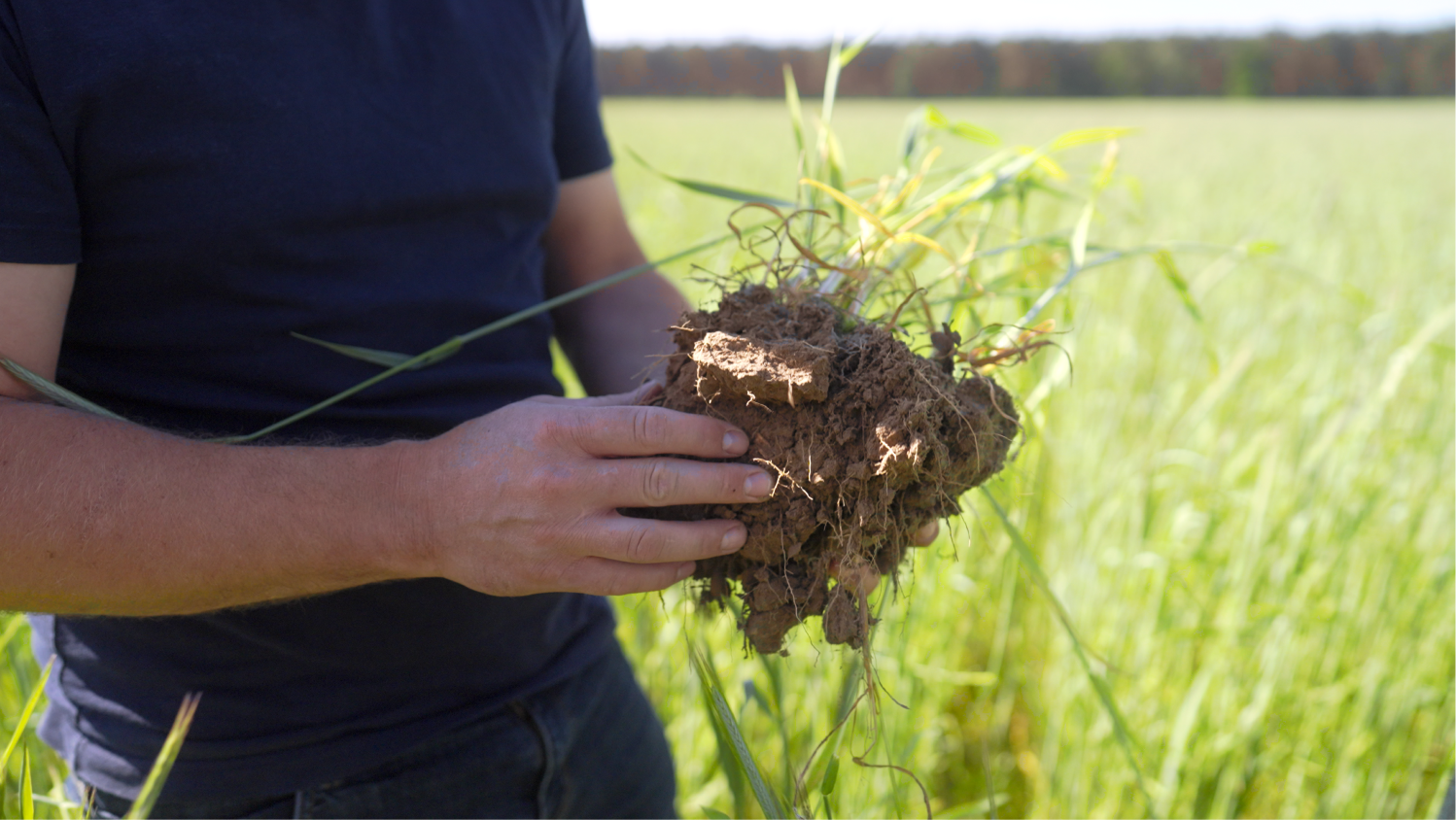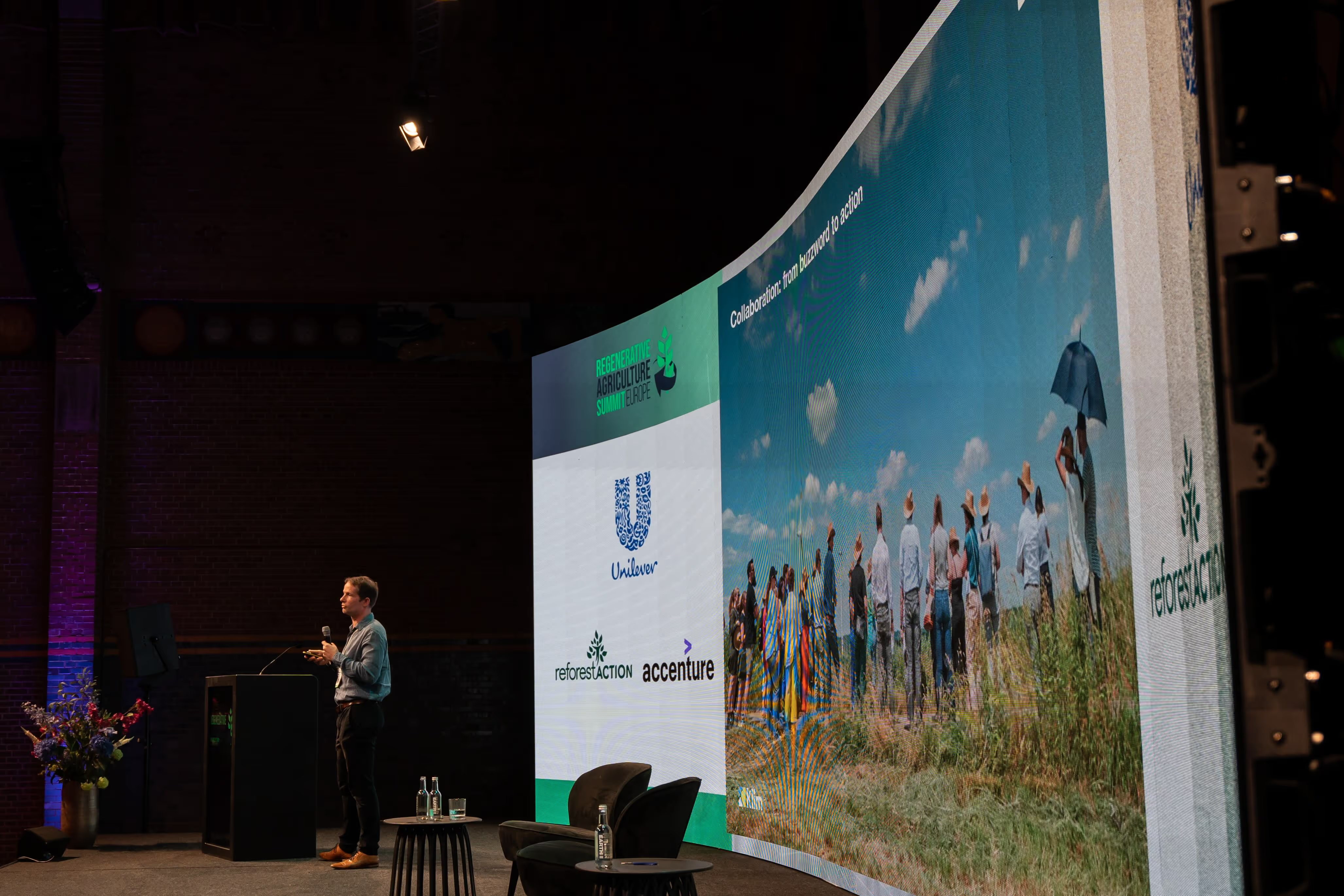The blog for regenerative agriculture

Recommended articles
No items found.

Scope 3

Offsetting
19.12.2023
4 mins
Reading time
Biodiversity and Climate Protection: The importance of co-benefits in climate protection projects.
9.3.2023
5 mins
Reading time
Nature-Based Solutions: Harnessing the Power of Nature as Part of a Climate Strategy

Reporting and regulation

The basics of regenerative agriculture

Everything starts with soil.
Subscribe to our Scope 3 Newsletter
Gain valuable insights into strategies and solutions for reducing emissions and sustainability in your supply chain.
Thank you! Your submission has been received!
Oops! Something went wrong while submitting the form.

%201.png)





%20(1).avif)

%20(5).avif)

%20(7).avif)
%20(4).avif)

%20(3).png)


